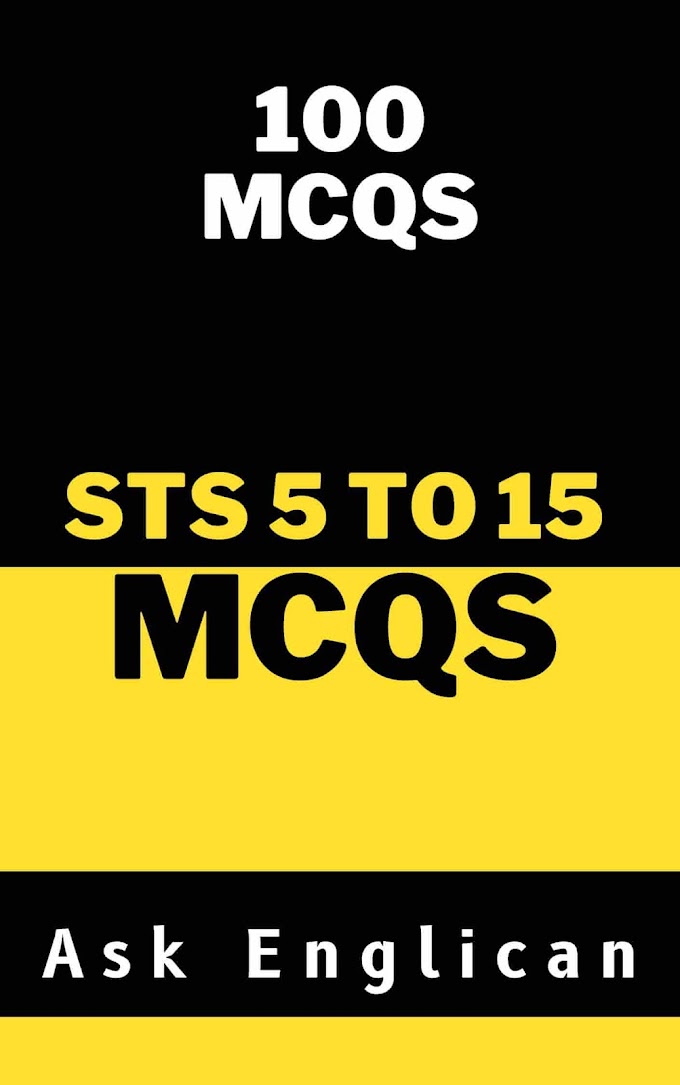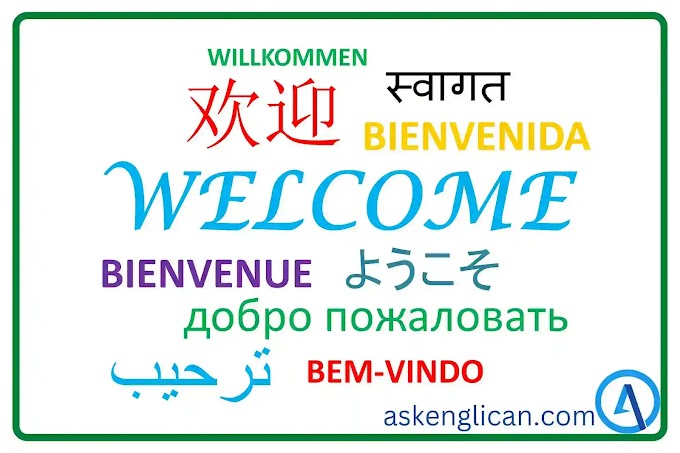What does a Democracy mean? | Key Elements of Democratic States
Introduction:
The United Nations (UN) has recognized 193 countries throughout the
world and 123 states are said to be democratic countries. Furthermore, more
than half of countries have a meaningful democratic system of government, where
people have the right to participate. Anyway, what does democracy mean?
What are the characteristics of democracy? How should be a democratic state?
What is the real meaning of democracy? Lastly, we will explain the advantages
and weaknesses of democracy.
What does a Democracy mean?
The main idea of democracy originated in the 5th century BC.
Democracy is a Greek term that is a combination of two words demos=People and
kratein= to rule or to govern. And collectively the term “Democracy” literally
means the Government of the Majority or Government of the people (Webster New
Encyclopaedic Dictionary, 1995). In addition, it is the power of directly or
indirectly through representation and participation. One of the most common
definitions of democracy you might have heard earlier, according to Abraham
Lincoln that democracy is the government of the people, by the people, and for
the people. In simple words, it is the government that comes from the people, it is
functioned by people, and for people.
In the above paragraph, what democracy means will be clear. Later
on, we will discuss the origin of democracy and its key elements.
Origin of Democracy and its implementation:
The origin of democracy in 5 B.C is widely accepted, and the political
system was postulated by the Athenians. At that time only democratic
citizenship was exclusive to an elite class of free men only, and participation
of slaves and women was excluded.
Key Elements of Democratic States
1- Fundamental Rights & Fundamental Freedom Democratic State:
Fundamental freedom is practised in the democratic state, where human rights are not only mere components, they are key elements of democracy. Furthermore, the evolution and development of human rights are only possible when rules are created and implemented based on democracy. In addition, the people of a democratic state draw up the laws and that will be implemented publicly. These laws control the three powers: the legislative power, the executive power and the judiciary power. Thus, human rights and democracy are efficient when people have equal rights without any discrimination such as the elite class, middle class and lower class statuses of society. And everyone has the equal right to justice. As we have mentioned above the three elements of a democratic state, in this way triangular relations between them promote the representation of equal powers.
Moreover, it is important to know, what human rights are. Now we will explain Human Rights as we have discussed what the meaning of democracy is. According to United Nations, the Universal Declaration of Human Rights is the set of rules which protect every person since birth and its first article is:
All human beings are born free and equal in dignity and rights. They are endowed with reason and conscience and should act towards one another in a spirit of brotherhood.
2- Fair Election:
Fair election is one of the most important constituents of democracy. In
elections people of state elect leaders for their state who is responsible
to practice fair government. In other words, these are called active
electoral law and passive electoral law, which can be defined as a voter and
elected person respectively. There are a few requirements of a democratic
election:
- People
are free to use their right to vote whether he/she wants to cast a vote or abstain from this action.
- Citizens
are free to choose whom they will elect from several candidates or
parties.
- Citizens
will not be discriminated against based on their origin nor sex, language,
possessions or incomes, job or social status/class, sexual identity,
religion, training, or political convictions.
- In a
democratic election, it remains to secrete that to whom he/she has voted.
Candidates fill their ballots and put them into an envelope or box.
- Democratic
elections are held publicly and transparent, which means that they have
the right of attending the counting of how many voters have participated
in the election and the final counting of votes has been cast.
- The
electorate’s vote should be final that must be accepted as legitimate.
3- Rule of Law:
The implementation of the law contains principles and procedures that
guarantee the freedom of every citizen, so he can participant in political
life. Moreover, the law in the democratic state is the free development of an
individual’s personality.
In addition, all are equal in front of the law. There is no
discrimination based on State employees and administration.
4- Separate Power of State:
The power of a democratic state is divided into three terms also known
as “Separation of Power”. Already you have studied the above:
- The
Legislative Power
- The
Executive Power
- The
Judiciary Power
In the democratic state, the power of the state is controlled by itself, and state power is distributed among several organs: the constitution assigns how should be the government like a “parliamentary regime” and a “presidential
regime”.
In conclusion, democracy is the government elected by people whom they
trust as well-wishers and competent leaders that will run the country in a
good manner.





